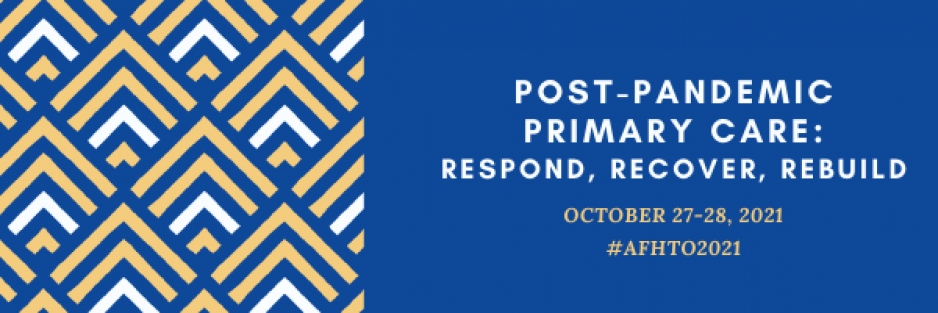Ne-iikaanigaana Toolkit 'All Our Relations': Guidance for Creating Safer Environments for Indigenous Peoples
Shared by the Indigenous Primary health Care Council
This toolkit is designed specifically to support and guide mainstream organizations on their journeys towards creating safer environments for Indigenous People. Gathering knowledge through our own journey is ongoing and we will continue to update this guidance as we learn new lessons.
The purpose of the Ne'iikaaniganaa Toolkit (Anishinaabe word for 'All our Relations') is to educate workers at all levels within the health care system and equip them with tools and resources that can effectively move organizations towards addressing implicit bias and discrimination and strengthening equity and inclusion for Indigenous communities during COVID.
View the complete PDF guide here
Resource covers
- Intent and purpose of the toolkit
- Principles
- Strategies:
- Commitment, Education, Relationships, Indigenous Partnership, Wholistic Continuum of Care, Culture, Jordan's Principle, Self-Determination, Care in Community, A Blended Model
- Tools
- Sample Vision Statement, Principles and Actions
- What a successful partnership looks like
- Elements: cultural safety, humility, self determination, equitable resourcing, mutually beneficial, common vision, clear roles, support from the top, structure, open communication, focus on significant issues, constructive problem solving, ongoing evaluation, respect for patient choice
- Key definitions, References
Indigenous Ally Toolkit
Shared by the Montreal Indigenous Community NETWORK
When it comes to creating a positive & sustainable impact on the lives of Indigenous Peoples living in Montreal, it is important to understand the role that an individual occupies and plays within the collective experience.
The term ally has been around for some time, and recently many critics say that it has lost its original meaning. Instead of being used to identify one’s role within a
collective struggle, it has come to symbolize a token identity – a kind of “badge” that people wear to show they are one of the “good guys”.
There are multiple terms a person can use when identifying the role that they actively play within anti-oppressive work. Neither is better than the other and regardless
of what you call yourself, each role plays an important part in this kind of work. Many want to be an ally, which is why this pamphlet focuses on that term. However,
being an ally is not a self-appointed identity and requires you to show your understanding through actions, relations, and recognition by the community.
View the complete PDF guide here
Resource covers
- Step 1: Be critical of any motivations
- How to be a good Ally
- Step 2: Start learning
- Terms that are not ok for you to say
- Definitions (& When in doubt: never assume, ask!)
- Things not to say
- Step 3: Act accordingly
- Acknowledging, recognizing and respecting
- How workplaces & organizations can practice good allyship
- The Do's
Joint Letter on Vaccine dose intervals for Indigenous populations
To: Premier Doug Ford
Christine Elliott, Deputy Premier, Minster of Health
Cc: Dr. Dirk Huyer, Coordinator, Provincial Outbreak Response
Greg Rickford, Minister of Indigenous Affairs
Dr. David Williams, Chief Medical Officer of Health (MOH)
Re: Changes to dosing schedule for COVID-19 Vaccine Distribution to Urban Indigenous populations
March 26, 2021
Dear Premier Ford and Minister Elliott,
February 17th Update on COVID-19 Vaccination Roll Out
Dear Members,
We are writing to provide you with an update from our united Primary Care COVID-19 Vaccination Action Council (*PC-VAC). Last week’s key messages that we shared with vaccine decision-makers can be found here.



